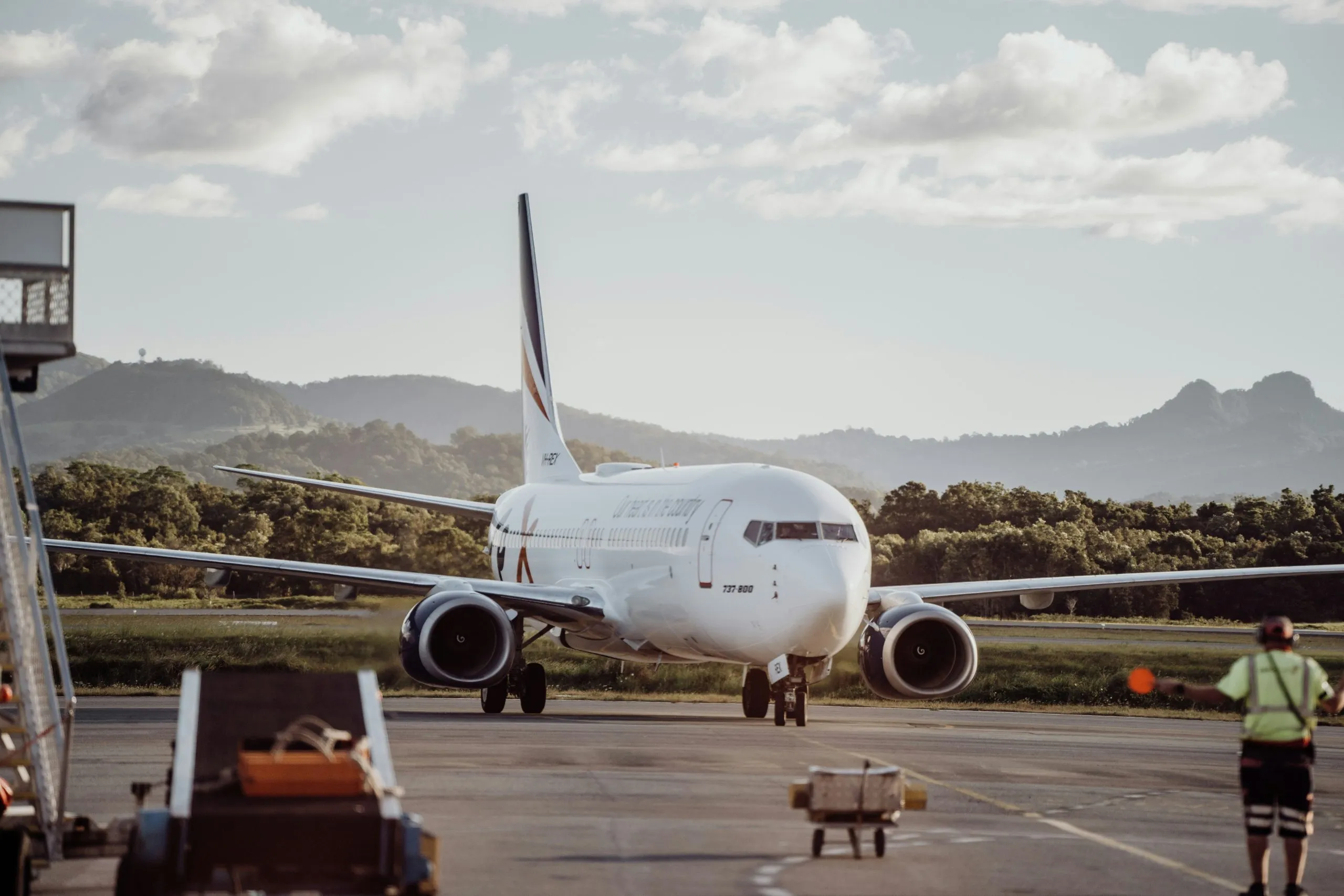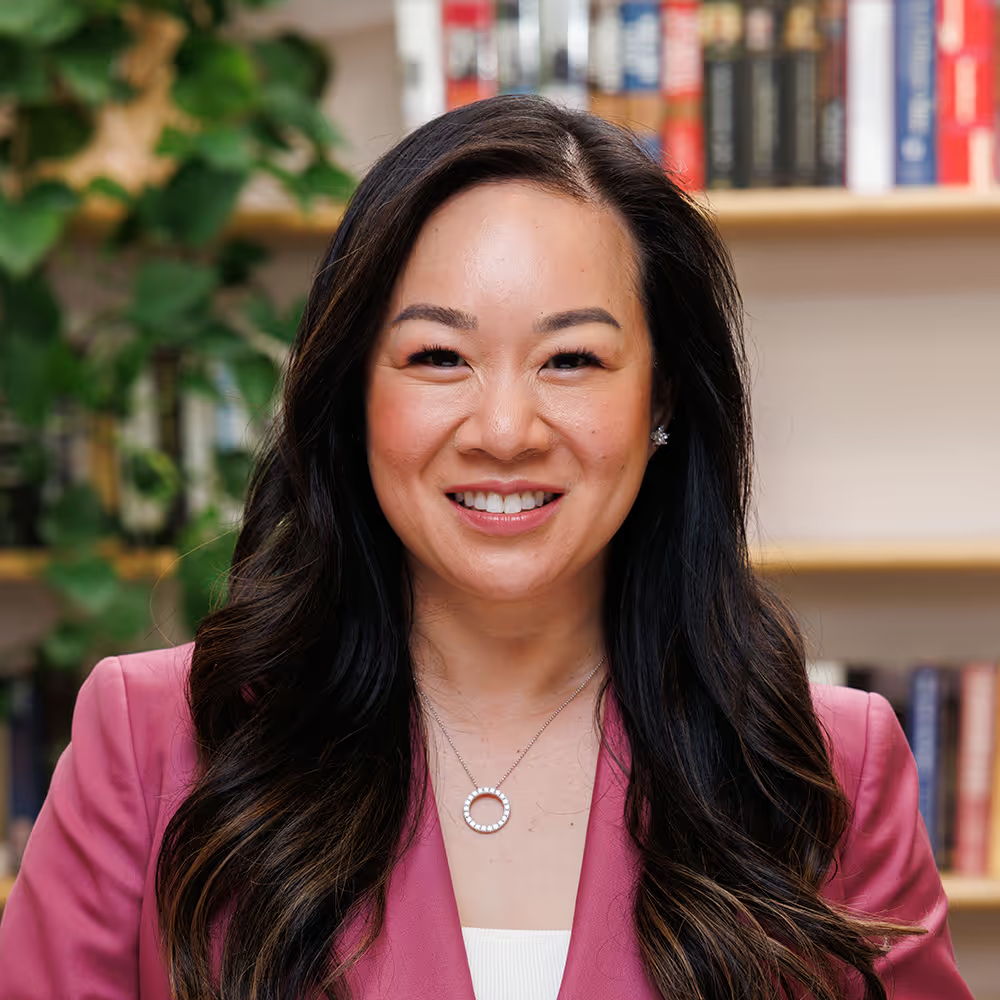Power, politics and communications
25
September
2024
1
min read

With less than two months to go until the US Election, York Park Group Managing Director, Sean Sammon, visited Washington DC, Philadelphia and New York City as part of a McKell Institute delegation. Here, he shares what he learned about power, politics and communications in the US and globally.
The United States is in a state of flux.
There is less than two months to go until the 2024 Presidential Election where the incumbent President, Joe Biden, is not standing; former President Donald Trump is attempting to regain office; and the Democrats have nominated Vice President Kamala Harris, who, if successful, would be the first female President of the United States of America.
The Republican Party-controlled Congress is in disarray; the foreign policy establishment is attempting to ingrain long-term policy outlooks against populist political pushes; and in an economic hub of the nation and the world, New York City Mayor Eric Adams is under federal investigation for alleged corruption.
Meanwhile, voters are being inundated with political advertising aimed at getting them to vote, then to vote for the ‘right’ candidate and maybe – just maybe – learn about some public policy positions and issues.
This is all occurring in a country that has a minimum wage of $7.25 per hour which hasn’t increased since 2009, a disenchanted working class looking to political alternatives and an increasingly disconnected establishment.
But, even within this chaos, there are thousands of experts, philanthropists, companies and civil organisations seeking to set the tone for the world and influence the policies, companies and initiatives that allies support and opposition countries condemn.
After this week-long delegation, where I had the opportunity to hear and learn from leaders, policy makers, advocacy groups and think tanks, it is clear the United States is still the global superpower.

It doesn’t rely on one office, company or branch of government for its power, rather it is an integrated beast that leverages its history of individualism and patriotism to its advantage.
But what does mean for Australia and what can we learn?
Corporate Australia
Mitt Romney famously said: ‘Corporations are people too’. That line didn’t win him the election and, in 2024, corporations are often a punching bag for politicians.

As a generalisation, individual exceptionalism is rewarded – for example, Bezos and Amazon, Musk and Tesla etc. But large, faceless companies are seen as fair play. As a result, these companies invest significantly in sponsoring think tanks to draft policies that benefit them but also society.
This week, we heard about a financial institution that supported a prison reform program – this program assisted their workforce as well as enabled them to promote an ESG narrative. Their advocacy isn’t as direct as walking the halls of Congress or meeting with White House staffers; instead, they work with think tanks to help draft policies, use extensive digital and connected TV (such as YouTube, Netflix ads etc.) to promote their message and run it through an integrated advocacy, reputation and branding strategy.
The tactical delivery is massive, but the takeaway is relevant to Australian companies: If you’re not connecting or relating to the voters, you don’t have a chance of policy change or stability.

Political Australia
The political conversations and briefings were dominated by demographic breakdowns – gender and age etc., but then also underpinned by socio-economic status and the increasing moves of Anglo Saxon working class men from being traditional Democratic voters to Trump loyalists.
A comment was made that separation between the political establishment and the working class is far greater in America than Australia. This was highlighted in conversations with think tanks but also some initiatives being put in place to ensure greater perspectives of the working class in think tank-based policy development (a shoutout here to The Century Foundation’s N100 program).
Australia’s voting system helps keep our political class more connected, but post-COVID, with more online meetings and less travel to communities, this disconnection is something our leaders need to watch out for. It won’t be a problem that is evident until it is… but by then, it’ll be too late.

Geopolitics and Foreign Policy
Unsurprisingly, China dominated every conversation, with a general hawkish attitude across Washington. There was broad consensus that AUKUS needs some short-term wins to demonstrate its long-term benefits, but that the strength of the relationships could withhold any change in administration.
Importantly though, that relationship shouldn’t be taken for granted and Australia needs to build relationships across Congressional caucuses within both parties.
As an aside, the demographics of Washington are very different to Australia. While there, I saw few people of Asian descent and so Australia’s position within Asia may easily be overlooked in Washington when considering our country in a theoretical sense. The more DC decision makers and policymakers we can get to visit Australia, the better the policy outcomes and the relationship.


Society
In previous trips to the US, I have always found a few things that were better value than at home. This time, I found nothing. Prices are the same: for example, a quarter pounder meal is a similar price (which I ate only for work purposes, obviously), but wages are vastly different.
More so than in Australia, the US is a place where having money matters. Our national safety nets are a wonderful thing and while it’s sometimes easy to look at the strengths and weaknesses of two countries that share many political, commercial and society ties, I think Australia has the right balance of individualism and collectivism.
Final Reflections
It was such a privilege to spend time in the US, particularly at this critical juncture in democracy.

Everyone was highly complementary of the Australian work ethic and our global awareness, and the many Australians I met or caught up with are doing exceptional things.
Americans have a natural ability to highlight their strengths over their weaknesses, sometimes with arrogance, but more often with immutable confidence. It’s always striking how Americans are such natural, effective and impressive communicators and I soon realised their confidence wasn’t hiding inadequacies - it was a result of hard work, preparation and diligence.
I’m not an anthropologist, but in a country with no safety nets, it really is up to the individual. So, if you want to succeed, you always have to be prepared – and that is where the confidence comes from. It’s not a nice to have for those wanting to change or influence America, it’s a necessity.

Many thanks to the McKell Institute for facilitating such an insightful delegation, including meetings and events with Progressive Policy Institute, Bully Pulpit International, Ambassador of Australia to the United States the Hon. Dr Kevin Rudd, American Australia Council, former Obama Administration official Kevin Nealer, President Biden’s Communications Director and Senior Advisor Ben LaBolt, United Food and Commercial Workers Union, Center for American Progress, Former Congressman Tim Ryan, Atlantic Council, Center for Strategic and International Studies, Office of Rep. Dan Goldman, Office of Rep. Chris Deluzio, the Australian Financial Review's US Correspondent Matthew Cranston, the Kamala Harris Campaign, New York City Council Member Shaun Abreu, The Century Foundation and Mercury Public Affairs.
The McKell Institute is a progressive research institute dedicated to providing practical and innovative solutions to contemporary policy challenges - https://mckellinstitute.org.au
10
February
2026

Regional aviation in Australia: The key drivers behind current government reviews
Read news article
10
February
2026

Regional aviation in Australia: The key drivers behind current government reviews
Download White Paper
4
February
2026
.webp)
York Park Group launches transaction communications service
Read news article
4
February
2026
.webp)
York Park Group launches transaction communications service
Download White Paper






